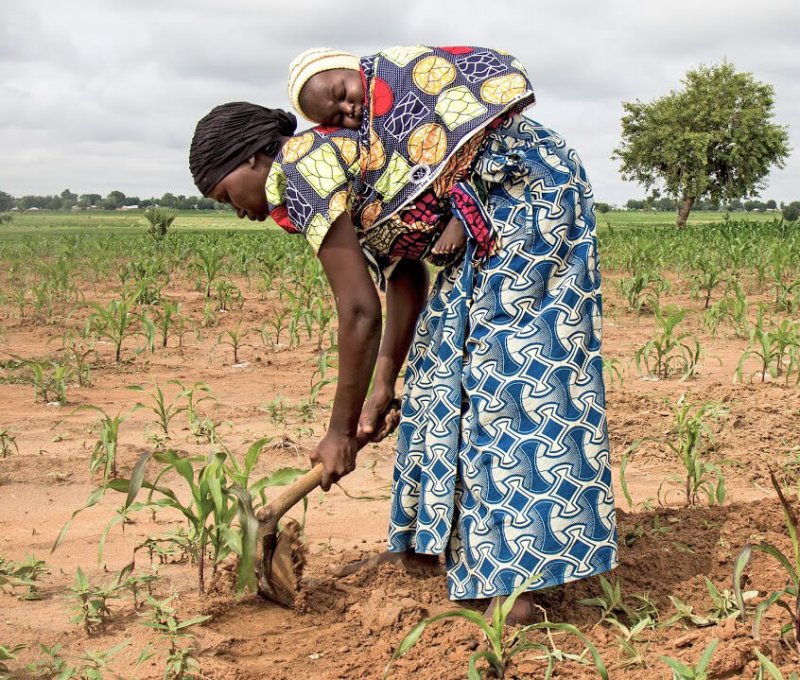How can research help to end hunger? One way to answer this question is to assess published research on hunger, and determine which interventions can make a difference to the lives of the 690 million people who go hungry every day.
That’s what an international research consortium called Ceres2030 has been doing. And the results of its 3-year effort to review more than 100,000 articles are published this week across the Nature Research journals. The consortium’s findings …. are both revealing and concerning.
…
Rural poverty and food insecurity go hand in hand, and yet the Ceres2030 researchers found that the overwhelming majority of studies they assessed — more than 95% — were not relevant to the needs of smallholders and their families.
…
Every year, food rots in the field, or later on, because of inadequate storage. But nearly 90% of interventions aiming to reduce these losses looked at how well a particular tool, such as a pesticide or a storage container, worked in isolation.
…
Smallholders need new technologies, but they also need research on the effectiveness of existing interventions — such as whether crops such as maize (corn) are best dried on the plant or after harvest on the ground.
The Ceres2030 collaboration is to be congratulated for highlighting these issues. The group had two funders, the Bill & Melinda Gates Foundation in Seattle, Washington, and the German Federal Ministry for Economic Cooperation and Development.































